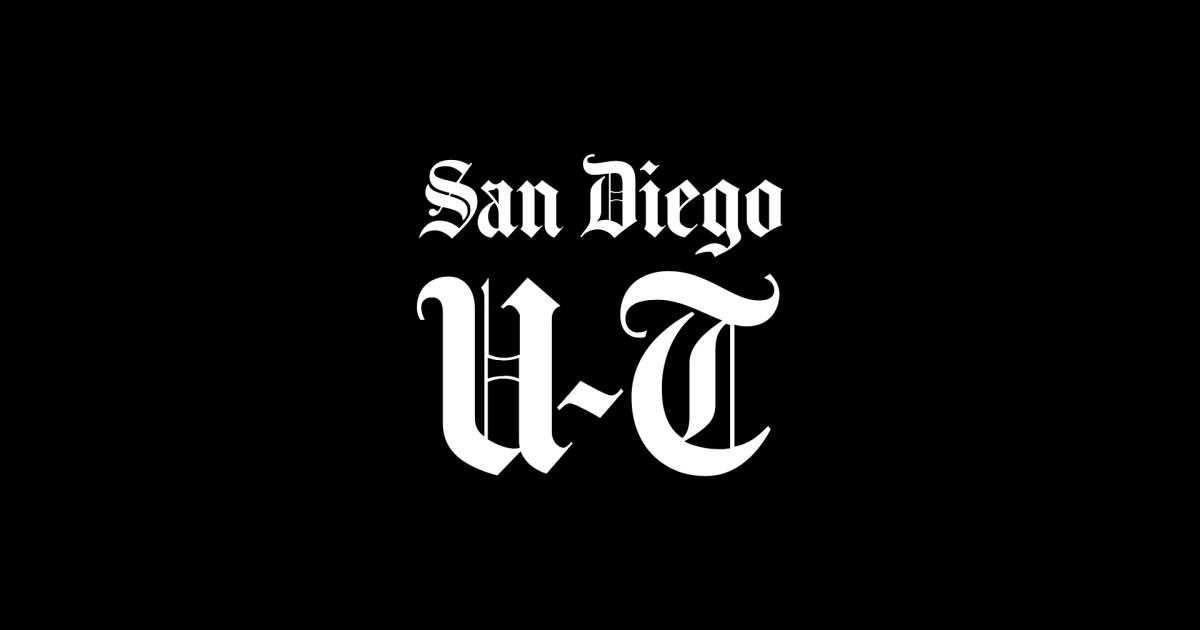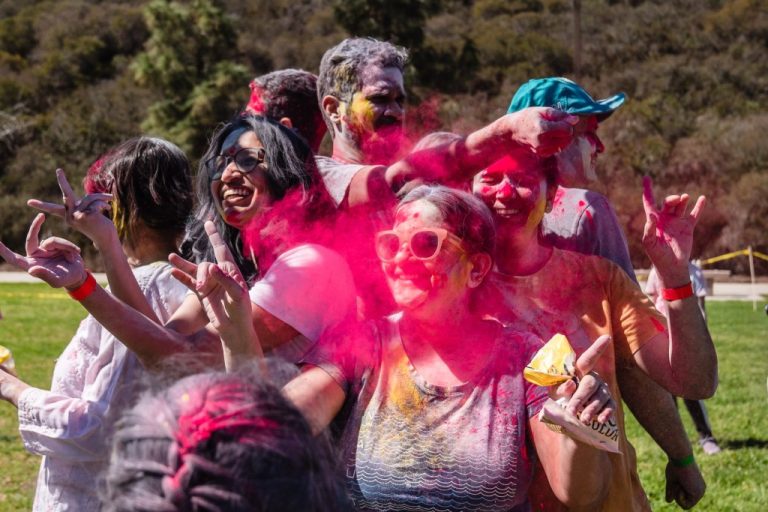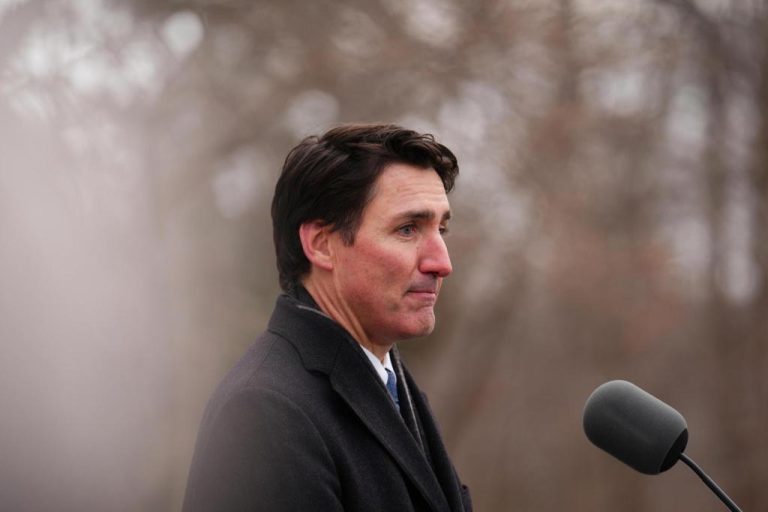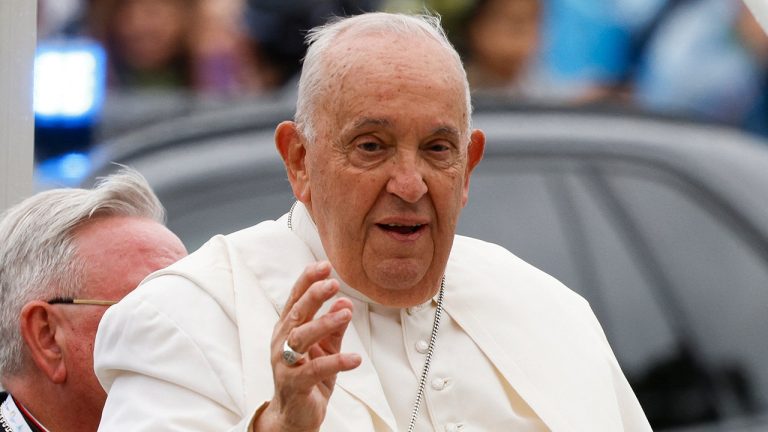
Block is a political science student at California Polytechnic State University in San Luis Obispo. He is from Encinitas and previously served on the boards of the Jewish youth organizations Tikkun Project and NFTY SOCAL.
There have been a lot of thoughts, too many, swirling in my head about the Israel-Hamas war in the last few weeks. But I’ve also been thinking about Israel for a long time, long before this conflict flared up. To be honest, I’m not sure where to start.
I’ll try with this: I don’t know how to solve this. I adamantly believe in a two-state solution. Both Israeli and Palestinian civilians deserve to live in peace with their own chosen identity and under a just and fair government. Sadly, this is not the case. I am truly distraught over the immense loss of life and opportunity that has occurred in recent weeks and in previous conflicts the news cycle has long forgotten. Furthermore, I strongly condemn the hateful violence we have seen across the world, particularly against Jews and Muslims.
This piece isn’t a how-to guide for peace in the Middle East. Instead, I want to use my platform as a Community Voices Project member in what is likely my most meaningful way yet. I have seen countless instances of extreme rhetoric on both sides, but I don’t think this represents how most people truly feel. I want to share my perspective in hopes of building bridges, in the hope that we realize we agree on a lot more than we might think.
I grew up in a strong Jewish community that I value deeply. The lessons of the Holocaust, and consequently the need for the Jewish state of Israel, were instilled in me at a young age. Today, I consider myself a Zionist. That is, I consider myself a Zionist as it was defined at the movement’s inception: I believe in the right for a Jewish state to exist in the region that Jews called home for centuries before our diaspora after the Roman destruction of Jerusalem’s Second Temple. This is something that gets lost in the progressive circles that I inhabit online — Zionism in its ideal form is not a destructive colonial empire, but a chance for Jews to return home. Importantly, though, I do not believe that a Jewish state must come at the expense of its neighbors and non-Jewish citizens. Just as Israelis have current, historical, religious and political roots in the region, so do Palestinians. Any solution-oriented conversation about the conflict has to begin here, with the acknowledgment that neither side is going anywhere, nor should they. I find many recent actions of the Israeli government, including the judicial coup, increasing settlements in the West Bank and growing privileges for ultra-Orthodox Jews, horrendous and unjustified. Regardless of how much I disdain Israeli Prime Minister Benjamin Netanyahu and his policies, I believe in Israel’s right to exist, and thereby its right to reasonably defend itself from terrorists threatening the lives of its inhabitants.
Hamas is undoubtedly a terrorist organization that puts the success of its military operations (often attacking civilians) over the needs of the Palestinian people. Hamas consistently diverts humanitarian aid to military uses, leaving civilians without the resources they need to survive. One of the clearest examples of this is Hamas digging up water pipes to repurpose into rockets. This leads to a significant percentage of rockets fired by Hamas and the Palestinian Islamic Jihad falling within Gaza and causing severe damage (as we saw with al-Ahli Arab Hospital). Furthermore, Hamas uses Palestinian civilians as human shields when they deliberately place rocket launchers and military operations around and within schools, residential areas and other civilian hot spots. Hamas also discourages, or even blocks, civilians from leaving these areas when warned of incoming attacks. No reasonable person could argue that Israel does not have a justification to respond violently when terrorists murder 1,400 of their innocent men, women and children, and kidnap hundreds more. But, just as importantly, it takes an extreme level of callousness to look at the catastrophic death toll of innocents — 7,700 and climbing — that Israel has incurred in Gaza, and chalk it all up to Hamas’ cowardice. Furthermore, Hamas’ atrocities should not prohibit all Palestinian civilians from living fruitful lives.
Which leaves me, and many other people, struggling to reconcile with this uncomfortable truth: There are no easy answers here. Both sides have done horrible things in the name of self-defense and revenge. The initial aggressor is determined by when we start counting history. I don’t like seeing my Jewish friends refuse to call out Israel for its aggressive and unjust policies. I also don’t like seeing my progressive friends who frame recent events as purely a liberation effort. Both of these cases fail to account for the full picture.
Social media enables our tendency to take things to the extreme. I’ve seen people claim genocide and ethnic cleansing by both Israel and Hamas. And while there is potential for it to escalate that scale, I struggle to justify using either of those terms. I argue we call it how it is: a lot of innocent civilians being killed. Families, children, grandparents, teachers, students, friends, people. People who could have gone on to do amazing things that we will never see.
I feel like I’m in an awkward position. As an activist and somebody with many connections to Israel, I feel a responsibility to use my platform. On the flip side, I have not yet been to Israel myself. I cannot defend every action Israel takes. My Instagram has not been full of infographics nor heated debates. Instead, I have spent weeks deciding whether to publish this piece. It feels like coming here without a solution isn’t doing much, yet I do think that a long-form piece does more to build bridges than an infographic (and certainly more than nothing). The same goes for you. You don’t need to fix things, but I urge you to have conversations and seek common ground. I truly believe that people agree on a lot more than the curated slogans we parade suggest. We need to remember what is at stake. Beyond a border, beyond a flag. There are real people, and beyond all else, they deserve to live in safety. I pray I see peace in Israel and Palestine in my lifetime.





